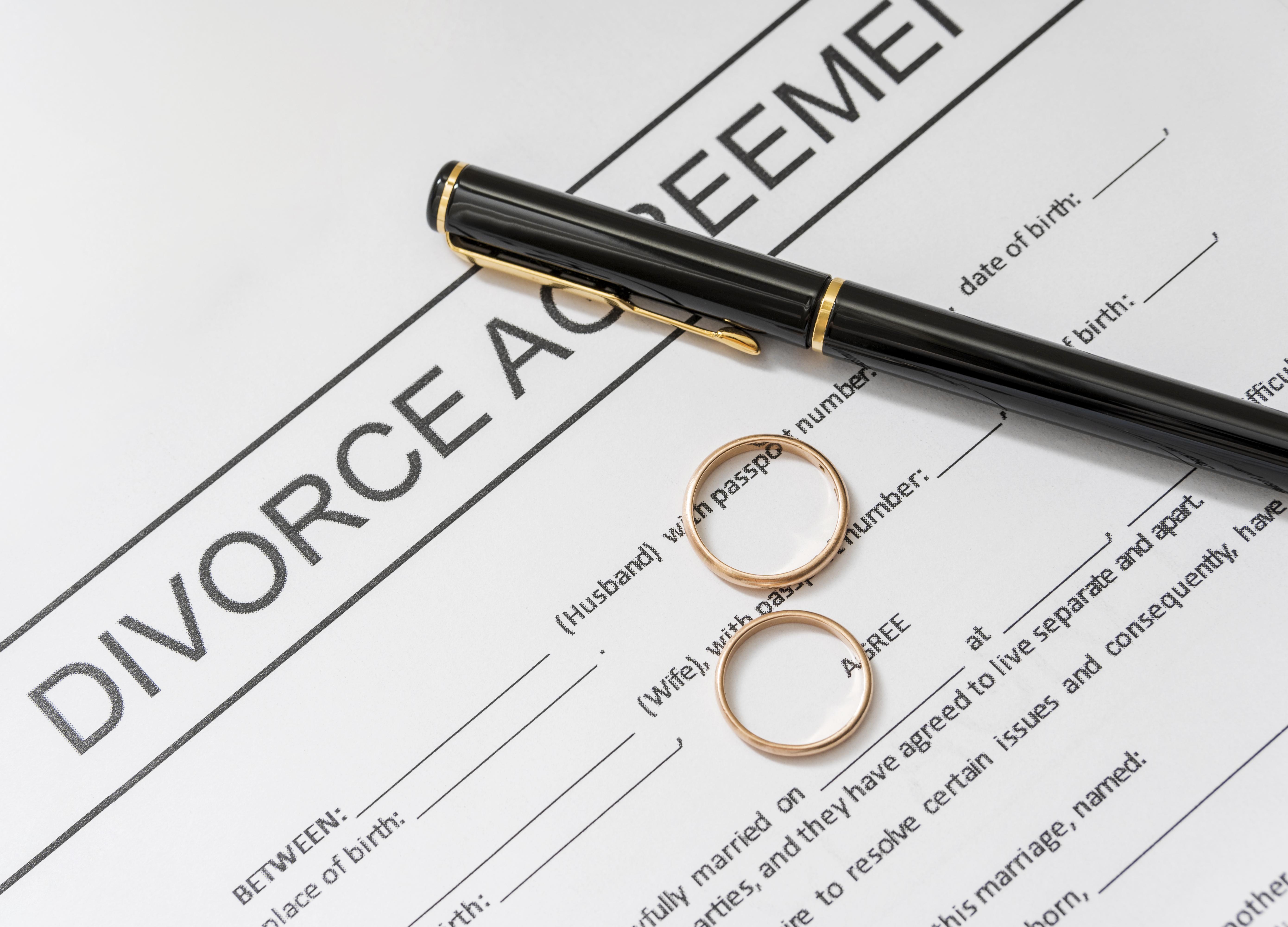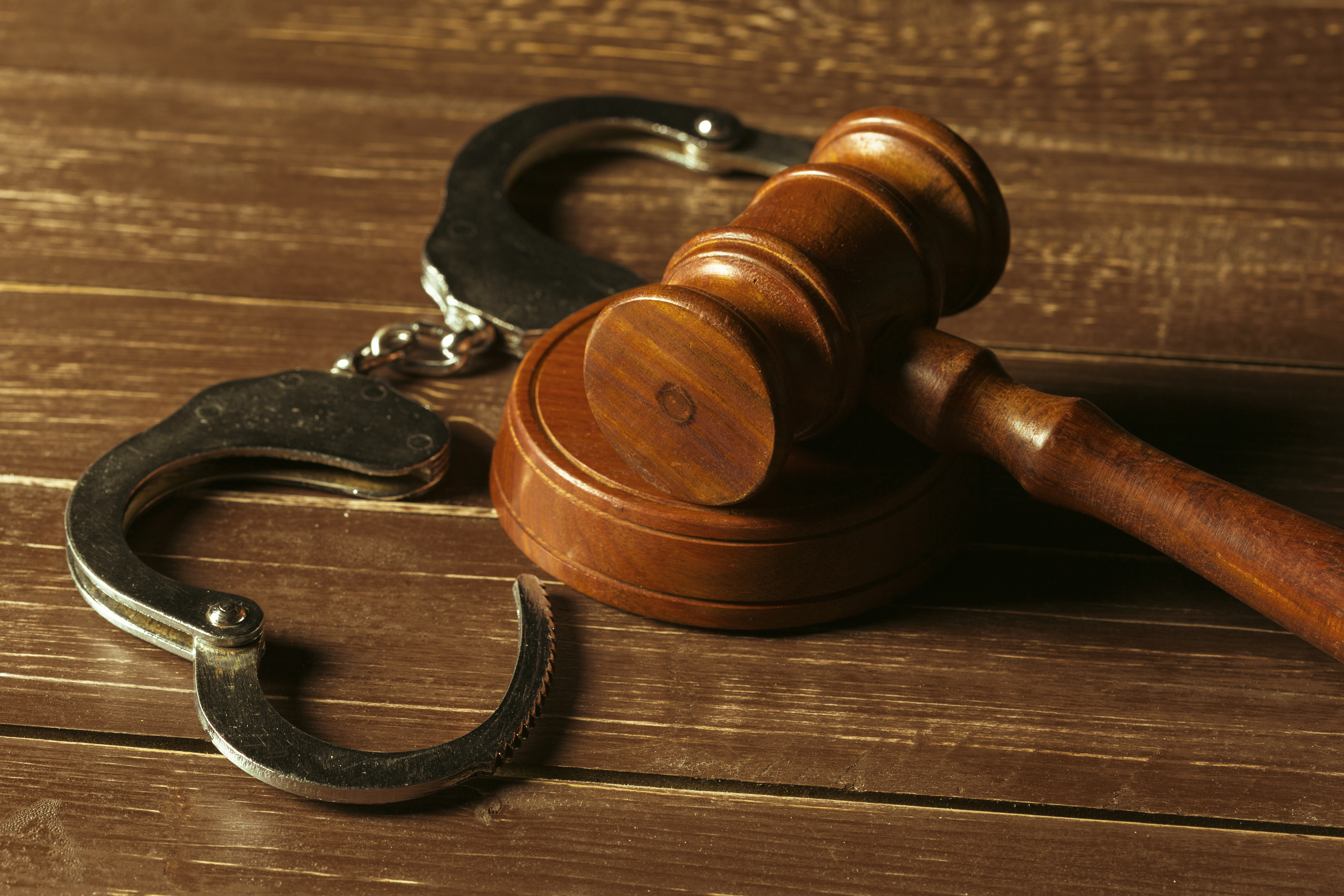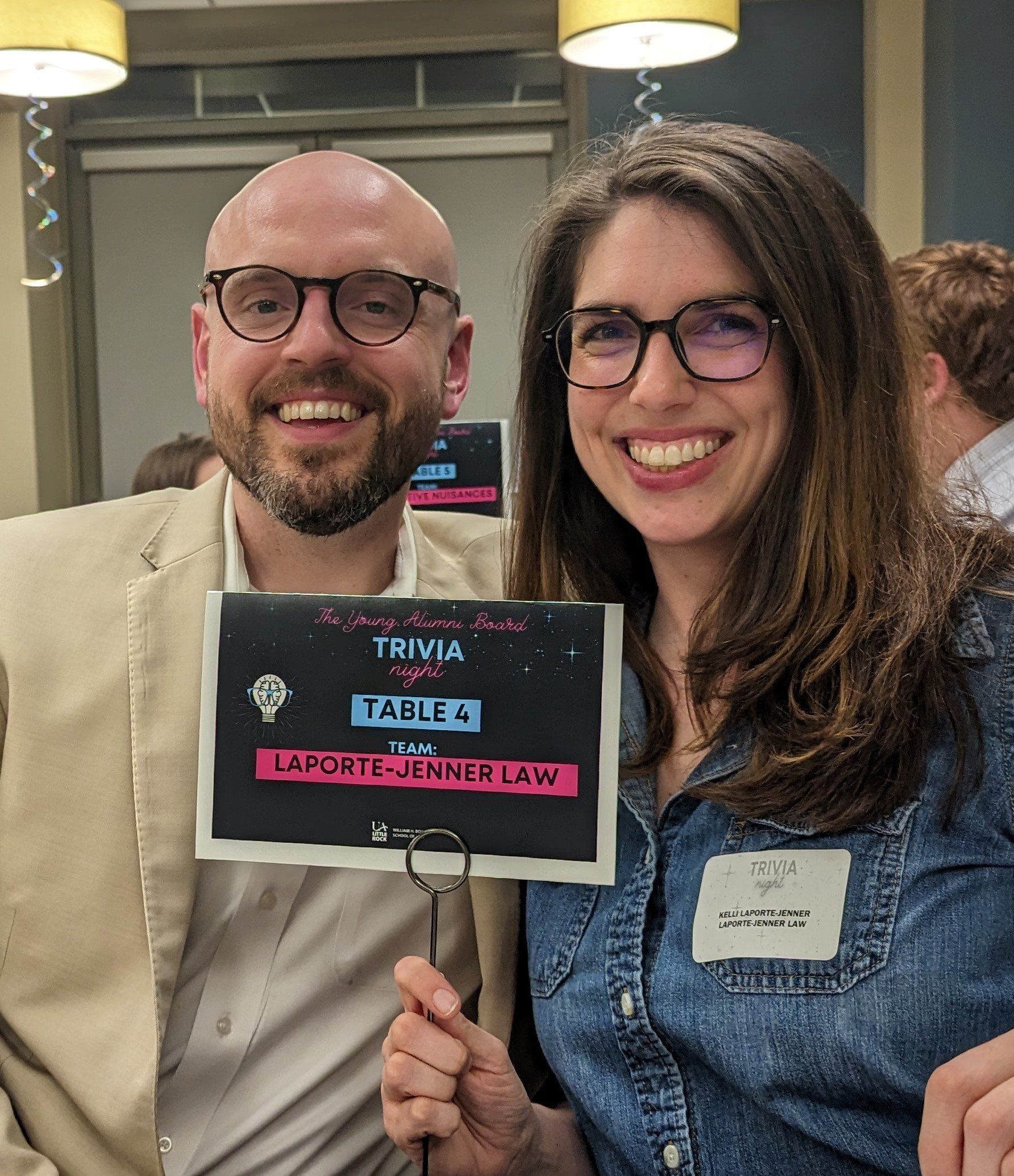Understanding Your Rights at DUI Checkpoints
Encountering a DUI checkpoint can be a stressful experience, even for sober drivers. Knowing your rights not only reduces anxiety, but also ensures a fair interaction with law enforcement. DUI checkpoints are designed to deter impaired driving; however, officers must adhere to strict legal guidelines. By staying informed, you can protect yourself and maintain your rights.
DUI Checkpoints Are Legal, But You Must Follow the Rules
The U.S. Supreme Court has ruled that DUI checkpoints are constitutional, provided they minimize intrusion. For a checkpoint to be lawful, officers must publicize its location in advance and use neutral methods when stopping vehicles. Understanding these rules ensures that your rights aren't violated and that the processes remain transparent.
You Have the Right to Remain Silent
While cooperating with law enforcement, you are required to provide your driver's license, registration, and proof of insurance. However, you are not obliged to answer questions concerning your drinking habits or recent locations. Remember to stay polite while asserting your rights, which can help manage interactions effectively.
You Do Not Have to Consent to a Vehicle Search
Without your consent, officers need probable cause to search your vehicle. Signs such as visible alcohol containers or signs of impairment constitute probable cause. If asked to consent to a search, you may politely refuse unless the officer presents a valid reason.
Field Sobriety Tests Are Optional
Field sobriety tests, such as walking in a straight line or standing on one leg, are subjective and voluntary. You have the right to decline these tests. Refusing them can limit the evidence against you, though it is important to understand the possible implications of this decision.
Refusing a Breath or Blood Test Has Consequences
Most states enforce "implied consent" laws that lead to an automatic license suspension if you refuse a breath or blood test. Familiarizing yourself with local laws helps you make an informed decision, understanding the potential legal consequences.
You Can Legally Avoid a Checkpoint
It is perfectly legal to avoid a DUI checkpoint by taking an alternate route, as long as you obey traffic laws. However, making illegal U-turns or driving erratically could provide officers with a reason to stop you, so proceed with caution.
If Arrested, Request a Lawyer Immediately
In the event of an arrest, it is crucial to remain silent and request legal representation. Remember, anything
you say can be used against you in court. Ensuring you have legal counsel can greatly impact the defense of
your case.
Staying calm and informed can significantly change your experience at DUI checkpoints. By understanding and asserting your rights, you are better equipped to handle these situations fairly. For specific guidance, consult a DUI attorney, and consider sharing this information to help others maintain their rights amidst these interactions.

























